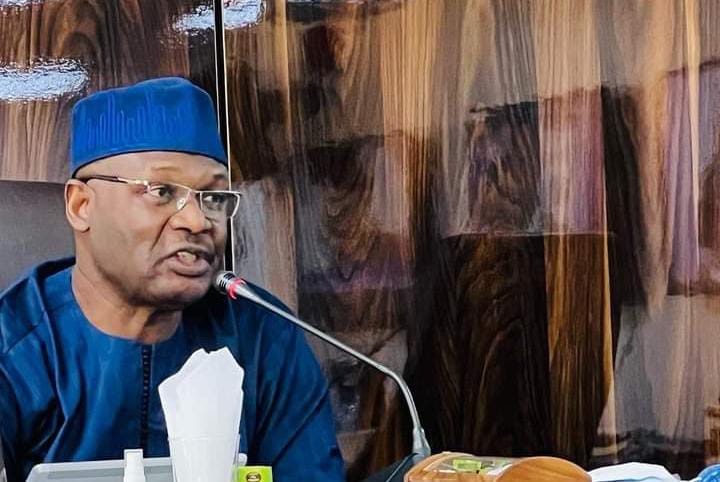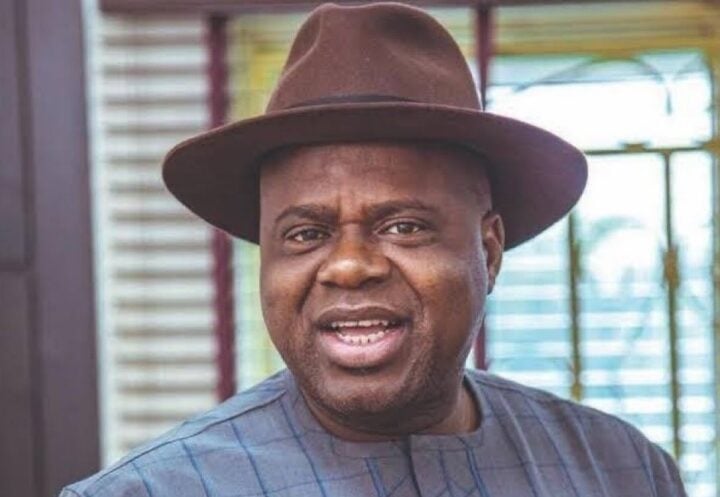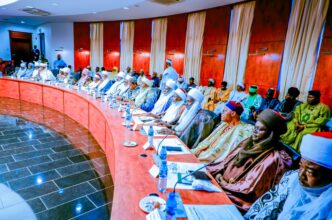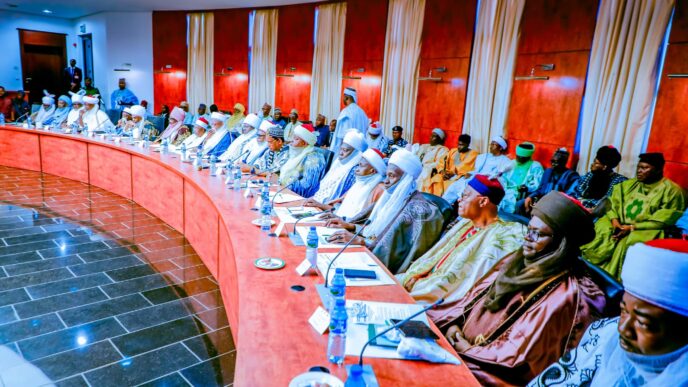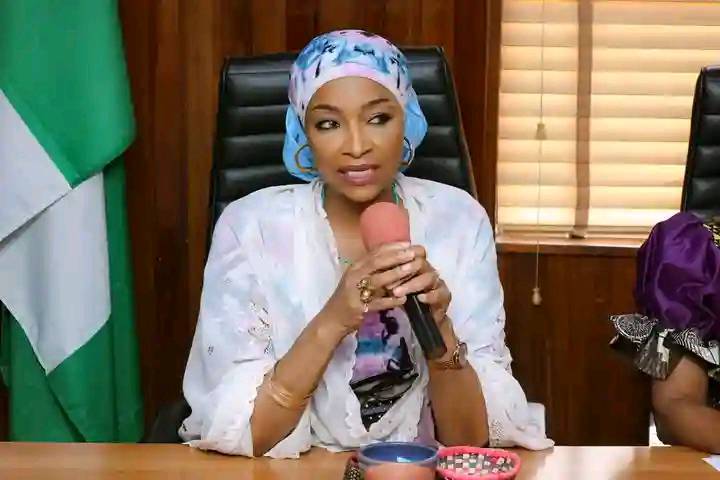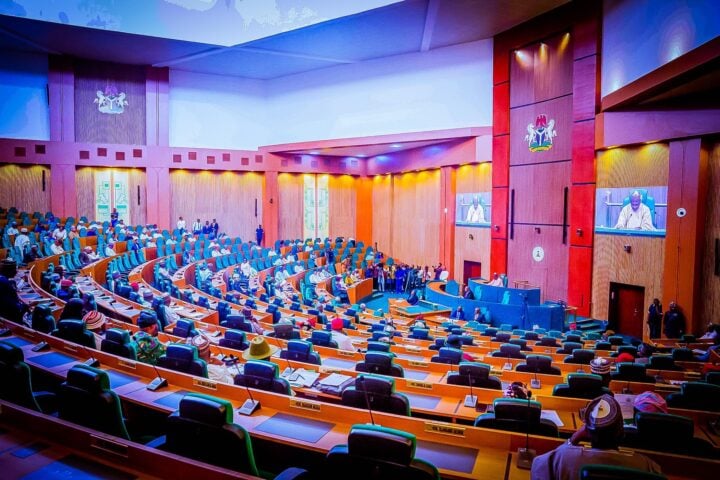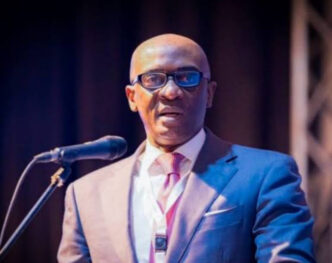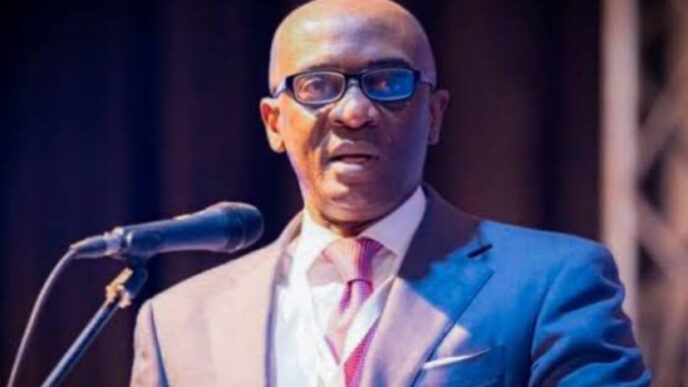The Independent National Electoral Commission (INEC) has denied allegations by the Socio-Economic Rights and Accountability Project (SERAP) that it failed to investigate cases of electoral offences committed during the 2023 elections.
SERAP, a civil society organisation (CSO), had recently sued Mahmood Yakubu, the chairman of INEC, over failure to prosecute electoral offenders caught in the last elections.
The CSO also accused the commission of failure to engage independent counsel to prosecute unnamed governors and deputy governors for violations of electoral laws.
However, in a statement on Wednesday, Sam Olumekun, the INEC’s national commissioner and chairman, information and voter education committee, said the allegations are ”untrue and fly in the face of facts already in the public domain“.
Advertisement
Olumekun said governors and deputy governors have constitutional immunity from prosecution, adding that there is no record that anyone of them has been arrested, investigated to initiate their prosecution.
He said the commission had also announced that it received 215 case files from the police after the arrest and investigation of alleged violators of the electoral laws across the country.
“These include 52 files involving 238 alleged offenders during the presidential and national assembly elections and 163 files in respect of 536 suspects for the governorship and state assembly elections,” the statement reads.
Advertisement
“It is important to also inform the public that the commission’s commitment to the prosecution of electoral offenders is not limited to persons who are outside the commission.
“Indeed, officials of the commission, some of them highly placed, have been affected, including a resident electoral commissioner (REC) currently being prosecuted in a high court in Yola.”
“For the first time in the history of elections in Nigeria, concrete steps were taken between the NBA and the commission to prosecute electoral offences.
“Similarly, it is well-known that the commission has been working with the anti-graft agencies, the Economic and Financial Crimes Commission (EFCC) and the Independent Corrupt Practices Commission (ICPC), to discourage vote buying and prosecute vote buyers.
Advertisement
“Specifically, a special joint prosecution team of 18 lawyers drawn from the EFCC and INEC was set up to prosecute suspects.
“Through this joint effort, successful prosecutions have so far been recorded in Lagos, Gombe and Kwara States.
“The prosecution of electoral offence is very slow for the simple reason that electoral offences are not time-bound, unlike pre-election and post-election cases which must be determined within 180 days at the trial court/tribunal and a maximum of 60 days at each layer of appeal.
“Furthermore, under section 145 (1) of the Electoral Act 2022, electoral offences are prosecuted in the jurisdiction where the alleged offence is committed and by the State judiciary. Some cases can go on for several years.
Advertisement
“That is why the commission has been in the forefront of the advocacy for electoral reform to make electoral offences time-bound for speedy prosecution of electoral offenders, including the establishment of an Electoral Offences Tribunal.
”We wish to assure Nigerians that the commission will continue to discharge its responsibilities at all times.
Advertisement
“The commission is not in contempt of court as alleged. As an organisation that portrays itself as a leader in advocating for justice, SERAP ought to have availed itself of basic facts that are already in the public domain.”
Advertisement
Add a comment
